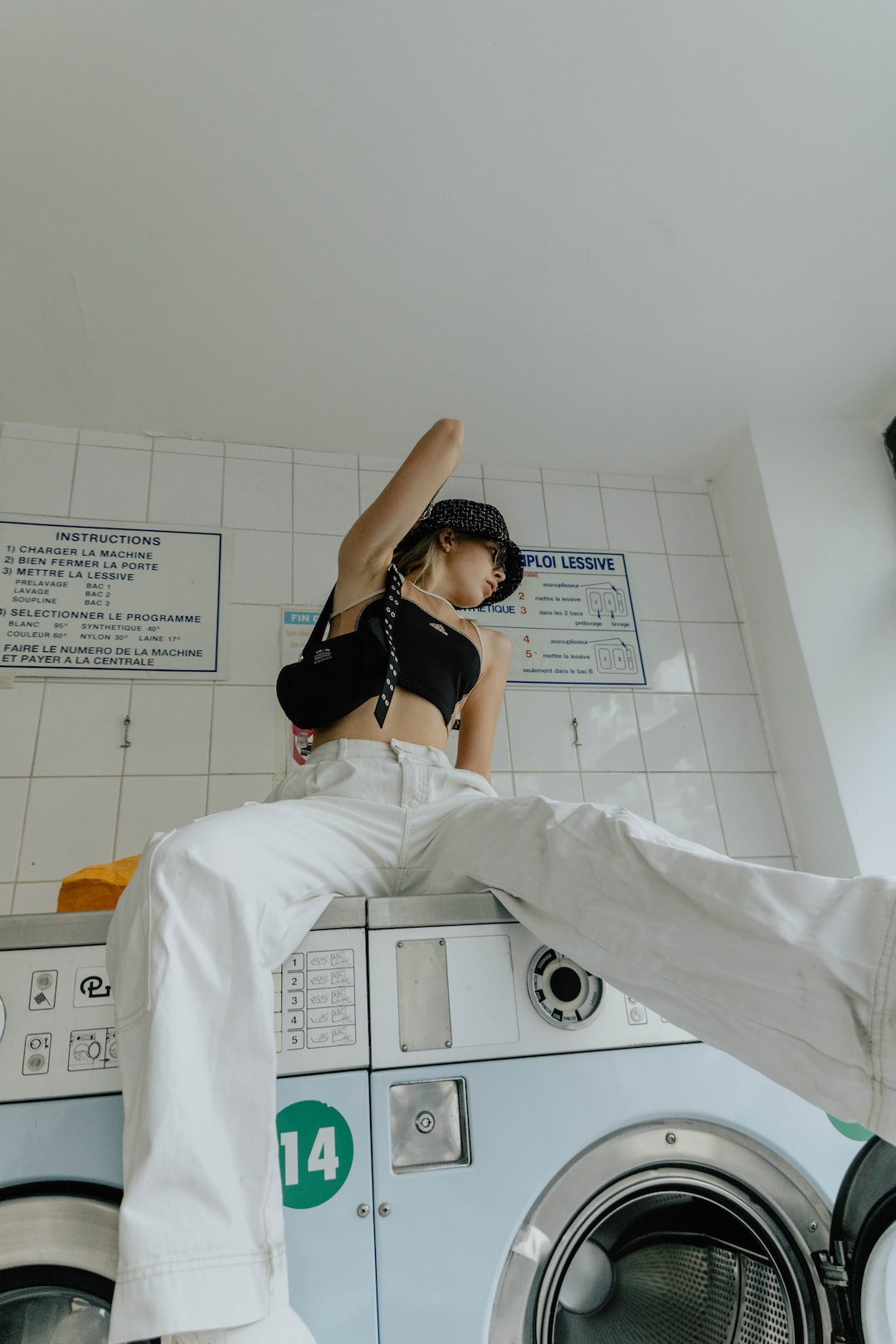The Dos and Don’ts of Dressing for a Job Interview
When it comes to securing a job, the first impression is crucial. One of the key components of making a positive impression is your appearance, particularly how you dress for a job interview. Here are some important dos and don’ts to keep in mind while choosing your attire for that all-important interview.
Dos:
1. Research the Company Culture:
Before selecting your outfit, it is imperative to understand the company’s dress code and culture. Take a look at their website, social media pages, or even reach out to current employees. Dressing appropriately for the company culture shows that you have done your homework and are serious about being a good fit for the organization.
2. Dress Professionally:
It is always better to be slightly overdressed than underdressed for a job interview. Opt for a formal outfit that aligns with the industry standards. This typically means wearing a suit or a tailored blazer and trousers for men, and a suit, blouse, or a conservative dress for women. A professional appearance demonstrates professionalism and respect for the opportunity.
3. Choose Neutral and Conservative Colors:
While it is essential to look presentable, it is equally important to avoid distracting the interviewer. Stick to neutral and conservative colors like black, navy blue, gray, or beige. These colors project a sense of sophistication and seriousness.
4. Pay Attention to Grooming and Hygiene:
Apart from your outfit, your overall grooming and hygiene play a vital role in making a positive impression. Make sure your hair is well-groomed and neatly styled. Pay attention to personal grooming, such as trimming your nails and being clean-shaven (for men). Avoid overwhelming perfumes or fragrances; instead, opt for a subtle scent.
5. Dress Comfortably:
While it is crucial to dress professionally, it is equally important to feel comfortable in what you’re wearing. Being comfortable allows you to focus on the interview rather than feeling self-conscious about your outfit. Choose clothing that fits well and allows for ease of movement.
Don’ts:
1. Avoid Casual Attire:
Dressing casually for a job interview sends a message that you are not serious about the opportunity or do not understand professional norms. Avoid wearing jeans, t-shirts, sneakers, or any clothing item that is too casual or informal.
2. Say No to Revealing or Flashy Clothing:
It is essential to present yourself in a professional and modest manner. Avoid clothing that exposes too much skin, such as low-cut tops, short skirts, or clothing with excessive embellishments. Keep accessories and jewelry minimal and tasteful to avoid distractions.
3. Steer Clear of Strong Patterns or Bright Colors:
While a touch of color is not necessarily a bad thing, avoid overwhelming or distracting patterns and bright colors. These can divert attention from your overall presentation and make it difficult for the interviewer to focus on your qualifications and skills.
4. Don’t Wait Until the Last Minute:
Preparing your outfit for a job interview should not be left until the last minute. Plan your attire in advance, ensuring that everything is clean, ironed, and fits properly. This will help you avoid any unnecessary stress or wardrobe malfunctions on the day of the interview.
5. Don’t Forget to Pay Attention to Detail:
Remember to pay attention to the little details that can make a big difference. Ensure your shoes are clean and polished, your clothes are pressed, and your accessories are tasteful and appropriate.
In conclusion, dressing for a job interview is an important aspect of making a positive first impression. By following the dos and don’ts mentioned above, you can ensure that your appearance aligns with the professionalism and seriousness required for the opportunity at hand. Remember, a well-thought-out outfit not only showcases your respect for the interview but also demonstrates your attention to detail and commitment to professionalism.

